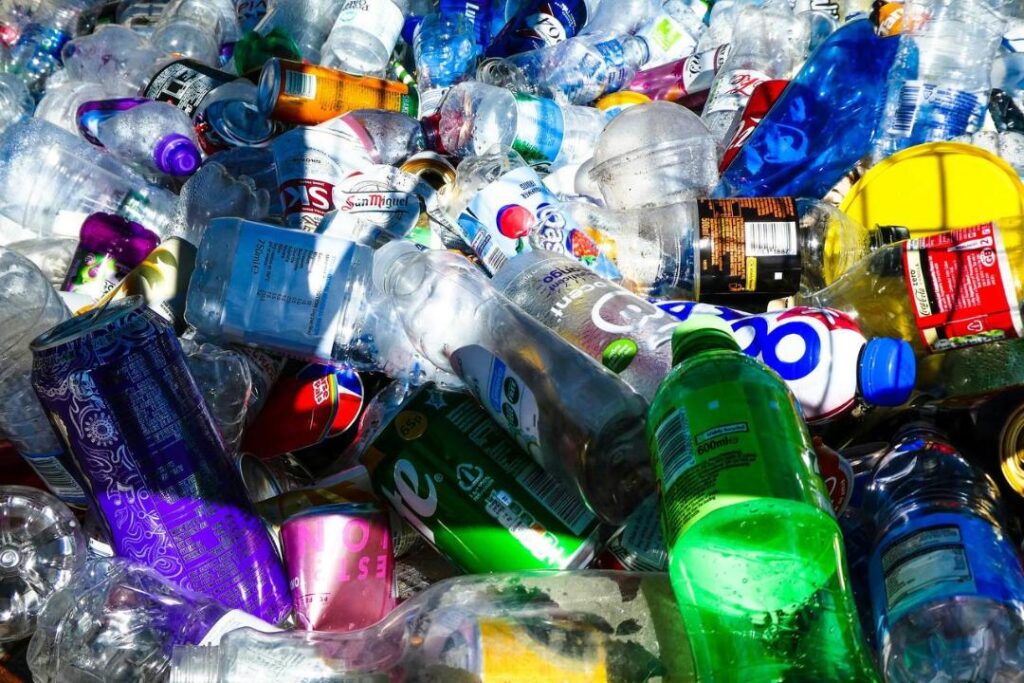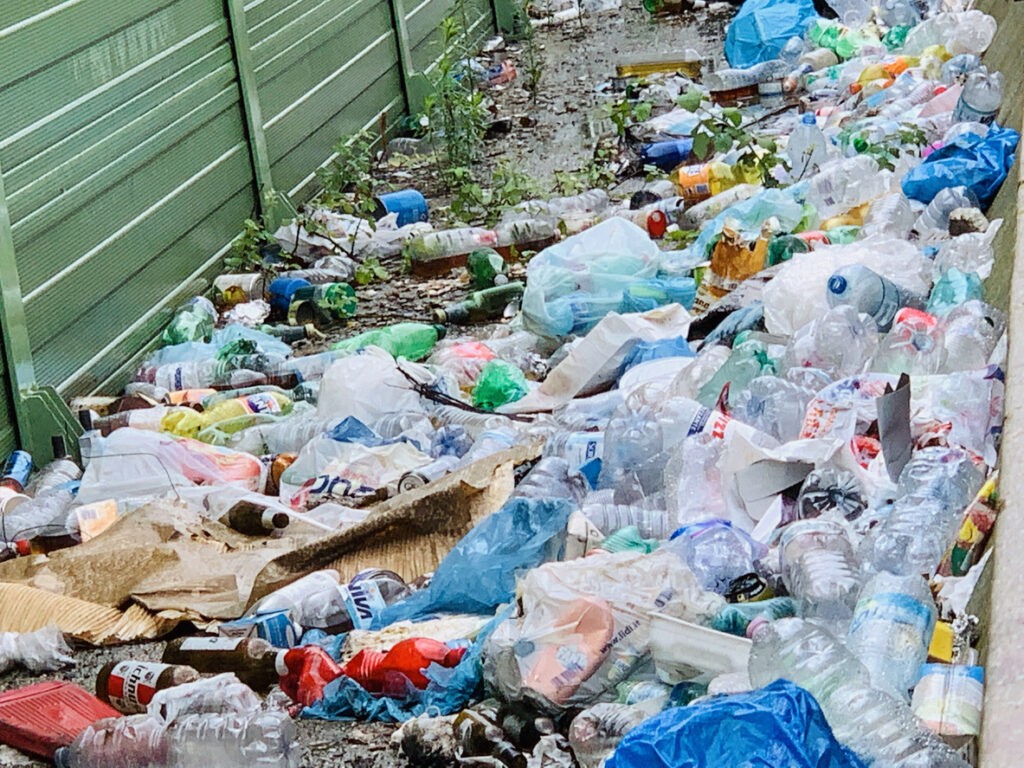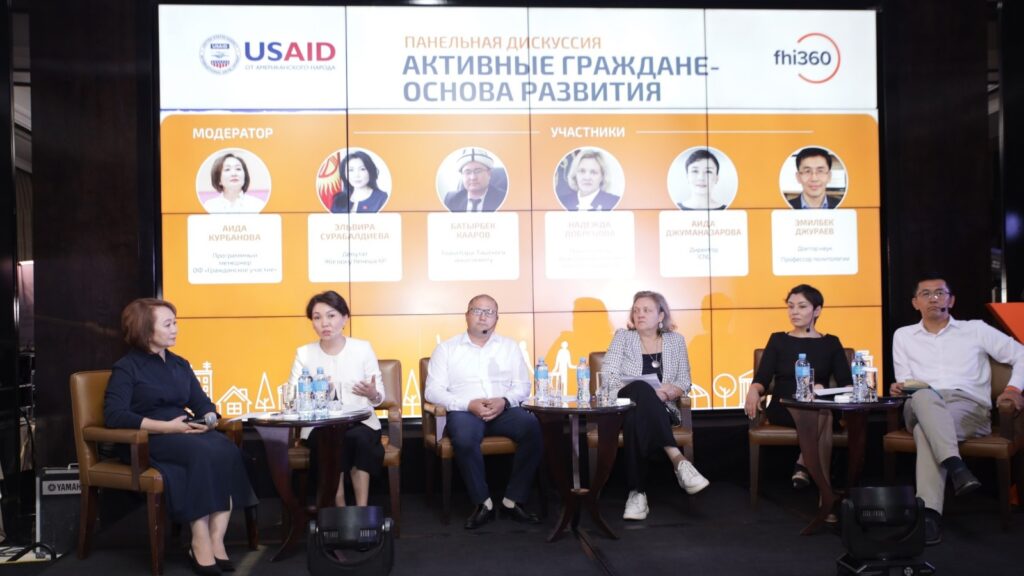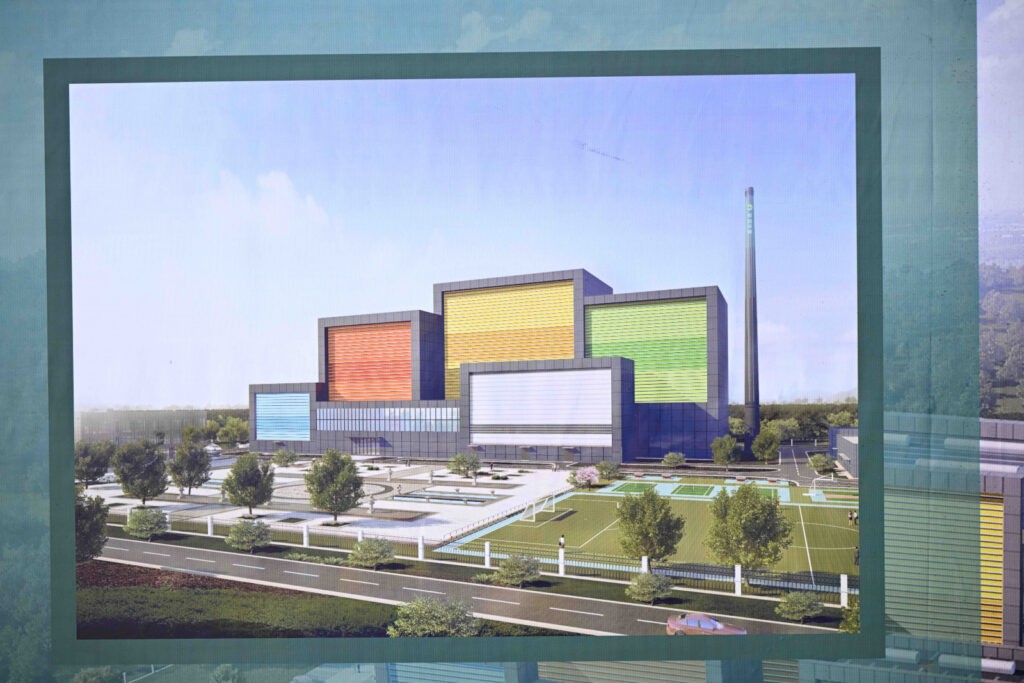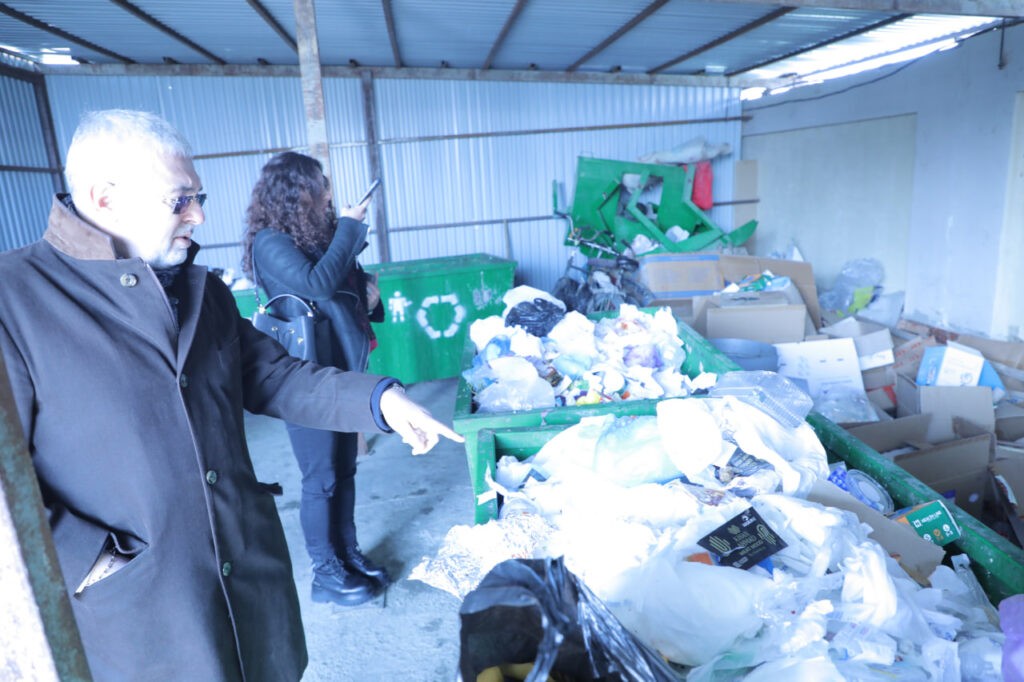Study Highlights Plastic Waste Challenges in Kazakhstan
Kazakhstan is grappling with a growing plastic pollution problem, as highlighted in a recent study conducted by the Ministry of Ecology and Natural Resources. The research, covering the period from 2013 to 2022, provides critical insights into the increase in plastic consumption, the resulting waste, and the systemic challenges that hinder effective waste management. The findings were part of the regional project "Plastic Waste in Remote and Mountainous Areas of Kazakhstan and Uzbekistan," implemented by the CSD Center (Cooperation for Sustainable Development of the Republic of Kazakhstan). Rapid Growth in Plastic Consumption The study revealed a significant rise in the volume of plastic products entering the Kazakh market over the past decade, increasing from 387,000 tons in 2013 to 855,000 tons in 2022. Key industries driving this growth include: Packaging: Representing over 23% of total plastic consumption, with 196,000 tons used in 2022 alone. Construction: Accounting for 19% (167,000 tons), where plastic is used in durable materials such as pipes and insulation. Transport: Consuming 17% of all plastic due to the increased production of vehicles and the use of lightweight plastic components. Escalation in Plastic Waste The growing use of plastic has led to a corresponding rise in waste. In 2022, plastic waste generation reached 296,000 tons, more than double the amount recorded in 2013. Packaging remains the largest source of waste, comprising 66% of the total, largely due to the prevalence of disposable plastic bags and other single-use packaging materials. By contrast, the construction and transport sectors generated relatively less waste, as the plastic used in these industries typically has a longer lifespan. The study also identified the primary types of plastic waste in Kazakhstan: Polyethylene: 38% Polypropylene: 23% Polyethylene terephthalate (PET): 14% Challenges in Plastic Waste Management The research outlined several obstacles that hinder effective management of plastic waste in Kazakhstan: Insufficient Infrastructure: Existing waste management facilities are unable to handle the growing volumes of plastic waste. Lack of Separate Collection Systems: The absence of infrastructure for sorting waste at the source limits recycling efforts. Low Environmental Awareness: A significant portion of the population remains unaware of the importance of waste sorting and recycling. Recommendations for a Circular Economy To address these issues, the study suggests improving legislation to limit the use of single-use plastic items and promote the adoption of recycled materials. These measures could create favorable conditions for Kazakhstan’s transition to a circular economy, where resources are reused and recycled rather than discarded. Additionally, the research emphasizes the need to develop infrastructure for waste sorting and recycling while raising public awareness about the environmental impact of plastic pollution. Regional Context Kazakhstan’s findings are part of broader efforts across Central Asia to combat plastic pollution. Countries in the region, including Kazakhstan, are exploring initiatives such as phasing out plastic bags to address the growing environmental challenge. For an overview of these regional efforts, see The Times of Central Asia’s reporton plastic bag bans. Conclusion Kazakhstan’s plastic waste study highlights the urgent need for systemic change in managing...
